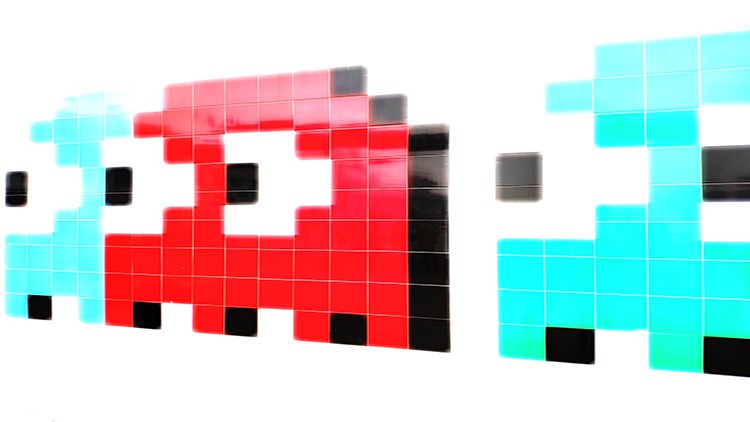
How Video Games & Board Games Work
What you will learn
Identify the common features of video games and board games
Explain the main differences between video games and board games
Complete a board game prototype
Analyze games in depth
Description
This course presents a complete toolkit of ideas for understanding and making games. It is based on my university course, Introduction to Game Studies: Theory and Design, which is a course designed as a general elective that anyone in the university can take. As such, the course is entirely non-technical, and so doesn’t teach a game engine like Unity or Unreal. All of the topics covered in the course, however, can be practically applied to making games.
A unique feature of this course is that it is designed to be equally useful whether you are interested in making board games or video games. This course covers a complete toolkit of ideas for understanding and making games. As such, the course is entirely non-technical, and so doesn’t teach a game engine like Unity or Unreal. All of the topics covered in the course, however, can be practically applied to making games, whether it’s a digital video game or an analog board game.
The first half of the course is actually focused on game theories and examples based more on board games, because obviously analog games have been around for thousands of years prior to the development of digital games. So, to lay the foundations for game design principles, we cover a lot of the main ground of game design theory by relating to examples of board games which are much easier to prototype and perhaps even more familiar to many compared to computer-based games.
The course is divided into four thematic sections, which build on each other:
- The General Principles of Game Design
- Storyworlds, Game Worlds & Interfaces
- Agency, and
- Systems
The course content is also structured to support a challenge project to design a prototype board game, to solidify the learning.
Content
